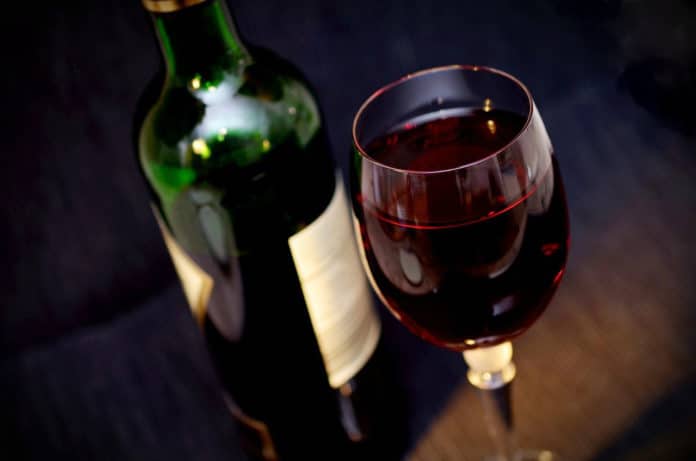A new study is the first to highlight the relationship nationally between hazardous drinking and life stresses triggered by the COVID-19 pandemic. The findings suggest that the odds of heavy alcohol consumption among binge drinkers increased by an extra 19% for every week of lockdown.
Here, binge drinking involves consuming five or more drinks for men and four and above for women.
The odds of consuming alcohol overall for binge drinkers were more than double that of people who did not drink excessively (60% vs. 28%), especially those with depression or disease history.
The study also highlights that:
- During the pandemic, binge drinkers on average drank four drinks per occasion, compared to two drinks among non-binge drinkers.
- Participants who drank at harmful levels during the pandemic would consume seven drinks maximum on one occasion. This is compared to a maximum of two per session during the pandemic for those who did not.
- Living with children in lockdown minimally reduced the odds (by 26%) turning to the bottle for people in general.
Scientists are now calling for new intervention and prevention strategies for people in isolation at risk of hazardous drinking. Otherwise, they say there could be long-lasting health consequences.
Sitara Weerakoon, a Ph.D. candidate from the University of Texas, said, “Increased time spent at home is a life stressor that impacts drinking, and the Covid-19 pandemic may have exacerbated this stress.”
“Future research should consider the potential for depressive symptoms acting as a moderator (a factor that changes the impact) in the relation between the time spent under a shelter-in-place mandate (lockdown) and binge drinking.”
“Additional research is (also) needed to develop the best treatment for people with substance use disorders who may be more susceptible to adverse health outcomes.”
The data was from an online survey completed by 1,982 adults from mid-March to mid-April, which coincided with the first US state-wide stay-at-home order on March 19. The participants’ average age was 42, and the majority were white (89%) and female (69%).
Overall, nearly a third (32%) of participants reported binge drinking during the pandemic, with binge drinkers increasing their intake. However, non-binge drinkers consumed about the same amount of alcohol as before lockdown.
The study’s limitations include the survey data being self-reported and the fact the question on binge-drinking did not specify a time within which the alcohol was consumed.
The study is published in the peer-reviewed American Journal of Drug and Alcohol Abuse.
